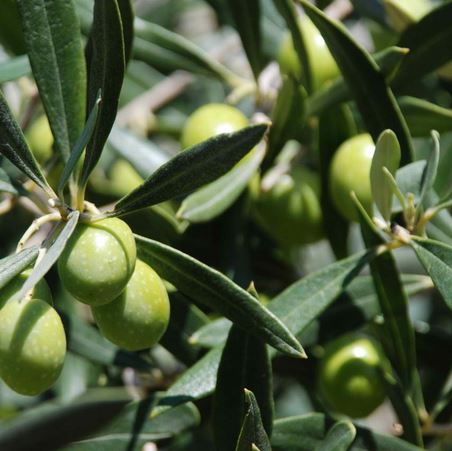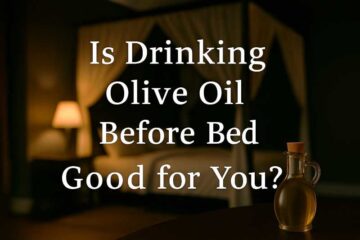The following is excerpted from an article in WebMD by Denise Mann
Swap Unhealthy Fats for Extra Virgin Olive Oil
Swapping out artery-clogging fats in your diet for heart-healthy olive oil may add years to your life, researchers say.
Folks who consume more than 1/2 a tablespoon of olive oil a day are less likely to die from heart disease, cancer, neurodegenerative diseases like Alzheimer’s or lung disease when compared to people who consume less of this healthy fat, a new study finds.
Olive oil is rich in healthful antioxidants, polyphenols and vitamins, and is a good source of heart-healthy monounsaturated fats. “One may speculate that mechanisms related to the anti-inflammatory and antioxidant properties of olive oil may have played a role in these findings,” Guasch-Ferre said.
Lower Risk of Death by up to 29 Percent
For the study, the researchers analyzed data on more than 90,000 people from the Nurses’ Health Study and the Health Professionals Follow-Up Study who were free of heart disease and cancer when the study began in 1990. These folks were followed for 28 years. Every four years, they were asked how often they ate certain foods, including fats such as margarine, butter, mayonnaise, dairy fat and olive oil.
When compared with people who never consumed olive oil, those who consumed more than 1/2 a tablespoon a day had a 19% lower risk of dying from heart disease, a 17% lower risk of dying from cancer, a 29% lower risk of dying from a neurodegenerative disease, and an 18% lower risk of dying from lung disease.
The researchers also developed statistical models to simulate what would happen if a person swapped out 3/4 a tablespoon of margarine, butter, mayonnaise or other vegetable oils with olive oil. This switch reduced the chances of dying from all causes.
The findings are published in the Jan. 11 issue of the Journal of the American College of Cardiology.
“Olive oil is part of the classic heart-healthy Mediterranean diet,” Nestle noted. This style of eating includes lots of fruits and vegetables, whole grains, nuts, seeds and lean protein, and is low in processed foods. “It’s never about one food, it’s really about dietary patterns,” she said.




0 Comments